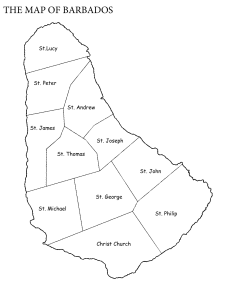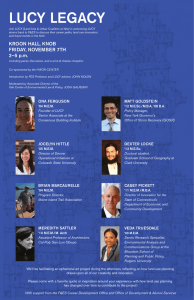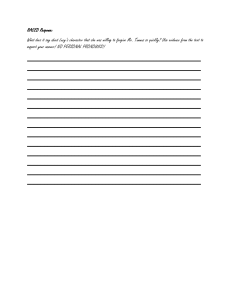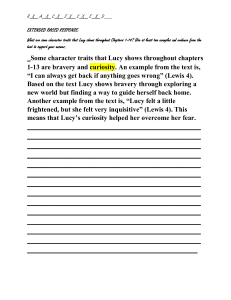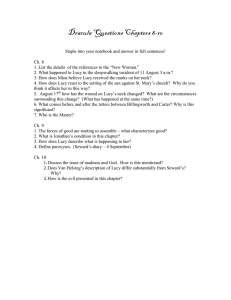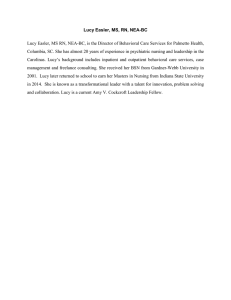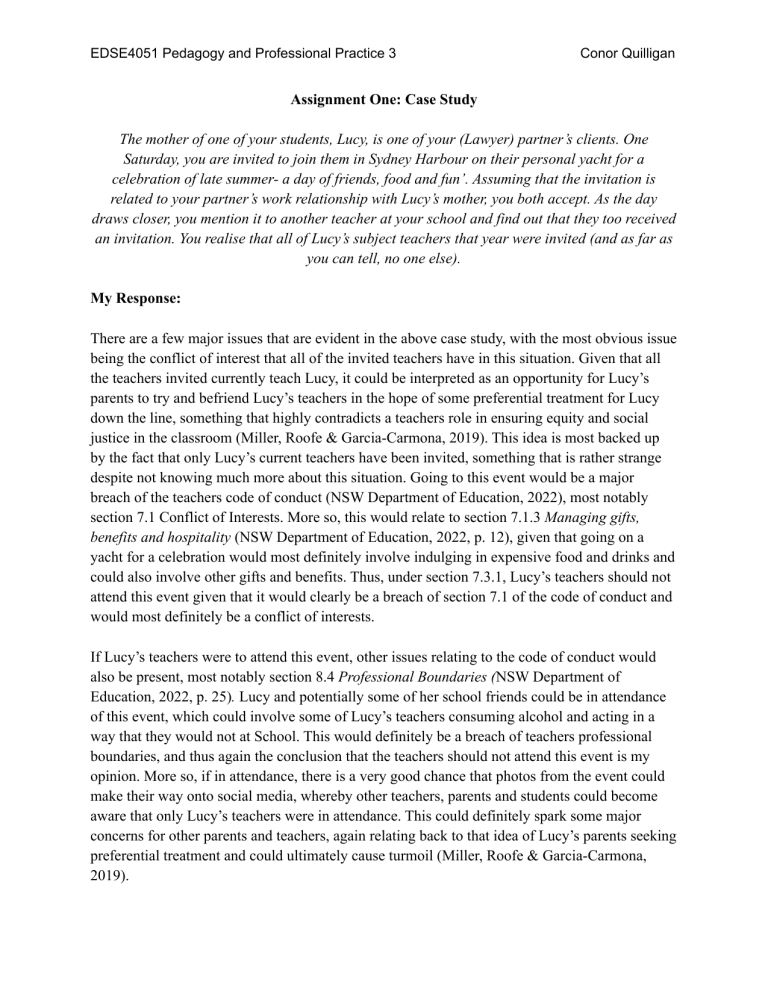
EDSE4051 Pedagogy and Professional Practice 3 Conor Quilligan Assignment One: Case Study The mother of one of your students, Lucy, is one of your (Lawyer) partner’s clients. One Saturday, you are invited to join them in Sydney Harbour on their personal yacht for a celebration of late summer- a day of friends, food and fun’. Assuming that the invitation is related to your partner’s work relationship with Lucy’s mother, you both accept. As the day draws closer, you mention it to another teacher at your school and find out that they too received an invitation. You realise that all of Lucy’s subject teachers that year were invited (and as far as you can tell, no one else). My Response: There are a few major issues that are evident in the above case study, with the most obvious issue being the conflict of interest that all of the invited teachers have in this situation. Given that all the teachers invited currently teach Lucy, it could be interpreted as an opportunity for Lucy’s parents to try and befriend Lucy’s teachers in the hope of some preferential treatment for Lucy down the line, something that highly contradicts a teachers role in ensuring equity and social justice in the classroom (Miller, Roofe & Garcia-Carmona, 2019). This idea is most backed up by the fact that only Lucy’s current teachers have been invited, something that is rather strange despite not knowing much more about this situation. Going to this event would be a major breach of the teachers code of conduct (NSW Department of Education, 2022), most notably section 7.1 Conflict of Interests. More so, this would relate to section 7.1.3 Managing gifts, benefits and hospitality (NSW Department of Education, 2022, p. 12), given that going on a yacht for a celebration would most definitely involve indulging in expensive food and drinks and could also involve other gifts and benefits. Thus, under section 7.3.1, Lucy’s teachers should not attend this event given that it would clearly be a breach of section 7.1 of the code of conduct and would most definitely be a conflict of interests. If Lucy’s teachers were to attend this event, other issues relating to the code of conduct would also be present, most notably section 8.4 Professional Boundaries (NSW Department of Education, 2022, p. 25). Lucy and potentially some of her school friends could be in attendance of this event, which could involve some of Lucy’s teachers consuming alcohol and acting in a way that they would not at School. This would definitely be a breach of teachers professional boundaries, and thus again the conclusion that the teachers should not attend this event is my opinion. More so, if in attendance, there is a very good chance that photos from the event could make their way onto social media, whereby other teachers, parents and students could become aware that only Lucy’s teachers were in attendance. This could definitely spark some major concerns for other parents and teachers, again relating back to that idea of Lucy’s parents seeking preferential treatment and could ultimately cause turmoil (Miller, Roofe & Garcia-Carmona, 2019). EDSE4051 Pedagogy and Professional Practice 3 Conor Quilligan All teachers that have been invited to this event need to report this to the principal, explaining what the event is, what other teachers have been invited, how the invitation was given and any other details relating to the event of Lucy’s parents. This is inline with section 11 Reporting of the code of conduct (NSW Department of Education, 2022, p. 48) and is definitely the first thing that all the invited teachers should do or any other teachers that are aware of the invitations should do. Then, all teachers should act in the way that the principal directs them too, which I assume would be to RSVP that they will not be in attendance. I also think moving forward, the principal should make contact with Lucy’s parents, explaining why it would be inappropriate for any of the School’s teachers to be in attendance of this event and ensure that similar invitations are not given in the future. References Miller, P. W., Roofe, C., & García-Carmona, M. (2019). School leadership, curriculum diversity, social justice and critical perspectives in education. Cultures of social justice leadership: An intercultural context of schools, 93-119. NSW Department of Education. (2022). Code of Conduct. https://education.nsw.gov.au/content/dam/main-education/policy-library/associated-documents/p d-2004-0020-01.pdf
